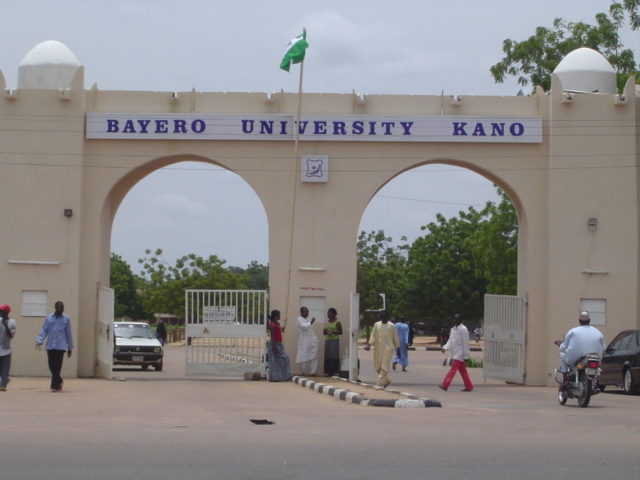Civil servants argue that ASUU’s exemption from IPPIS is unfair


The exclusion of university instructors from the Integrated Payroll and Personnel Information System (IPPIS) under the auspices of the Academic Staff Union of Universities (ASUU) has drawn criticism from certain civil personnel.
The Federal Government’s reform attempts included the creation of the IPPIS in 2006 in order to improve the preservation of personnel records and simplify the monthly payroll administration process.
However, ASUU leadership had long pushed for the Federal Government to provide university teachers with an alternate payment mechanism and exclude them from IPPIS.
The ASUU’s agitation led to an eight-month union strike in 2022.
The exclusion of public tertiary institutions from IPPIS was ultimately approved by the Federal Executive Council (FEC) during a meeting on December 13.
Employees of public universities, polytechnics, and colleges of education have been removed from IPPIS, according to Minister of Information Mohammed Idris.
According to civil servant Grace Uzor, the purpose of IPPIS is to remove unapproved staff, or “ghost workers,” from the government’s payroll.
Mr. Uzor claims that IPPIS was also developed to facilitate the easy recovery of all public employees’ personal data.
She said that allowing the university lecturers to exit the system was unacceptable, adding that the system only needed to be monitored and sanitised.
“If the policy that was put in place to prevent corruption can not work it is a problem.
“And if any group of people can choose to exit a laid down policy, it also means that there is a problem,” she said.
An accountant, Emmanuel Isa, said that the scheme programmed automatic stoppage of payment to personnel due for retirement as a result of length of service, age and tenure, thus reducing wastage or unauthorised payments.
He said that under the IPPIS, unapplied and unutilised funds were easily monitored and tracked.
“Monthly emoluments are paid to all public servants on the scheme same day, no matter the location within the country without delay.
“From all indications, the scheme is good but the Federal Government only needed to sanitise it,” he said.
Another Civil Servant, Abbas Aliu, said that the government should scrap IPPIS if it was no longer desirable, rather than its selective application.
“If IPPIS has not lived up to expectation, it should be scrapped, rather than its selective application, after all we are all employees of the same government,” he said.
A financial expert, Okechukwu Unegbu, said that it was regrettable that even with IPPIS, incidents of ghost workers had not abated.
Former president of the Chattered Institute of Bankers of Nigeria (CIBN), Mr. Unegbu, asked the Federal Government to discontinue the IPPIS system in its entirety if it could not be properly sanitised and operated.










